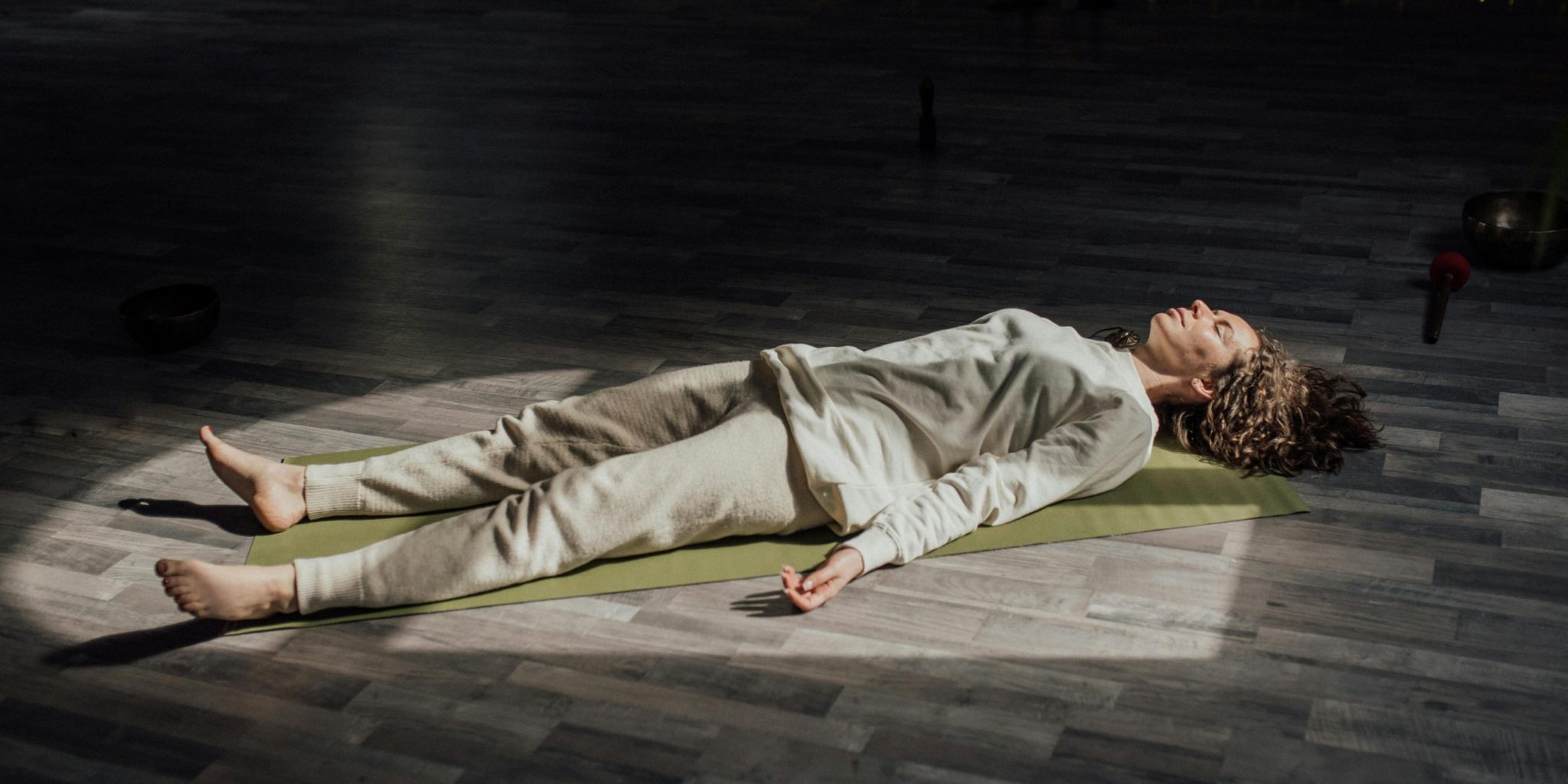The science of ‘floor time’
At some point in your life – likely during exam season – you’ve probably found yourself sprawled out on the floor of your home staring at the ceiling, wondering how life got to this point. Or maybe you’ve seen it on social media: people dramatically flopping onto the ground as a form of self-care, captioned something like “floor time is healing time.” But beyond the meme and the dramatics, the question remains: is there any science behind ‘floor time?’ Does lying on the floor actually help reduce stress, anxiety, or burnout? Or is this just another trend that permits us to dissociate briefly and let go?
It can bring you back to childhood when lying on the floor to think, dream, or just zone out was a comforting, instinctive way to unwind
At its essence, floor time is exactly what it sounds like: taking a break by lying on the floor. It is a way to decompress from the day, unwind, or simply slow down in an overstimulating world. Unlike other wellness trends that are gaining traction and demand extra effort such as journaling, yoga, or taking cold plunges, floor time simply invites stillness. Some could say it evokes a sense of nostalgia. It can bring you back to childhood when lying on the floor to think, dream, or just zone out was a comforting, instinctive way to unwind.
So, what actually are the benefits of ‘floor time?’
It will relax your back and mind
You can’t help but compare floor time to the yoga practice of savasana, where the whole body relaxes on the floor. Physiotherapist Sam Bhide says: “It helps to stretch out the whole body, especially if someone is hunched over a desk all day long.” When you lie flat on your back, your posture is open and relaxed, which may have a calming effect, said Ellen Hendriksen, a clinical psychologist in Boston. She added: “Your body and mood want to align.” This explains why it’s difficult to feel hopeful and optimistic if you’re slumped in your chair, head hanging down, or why our shoulders shoot up and our jaws clench when we’re anxious. Lying in a soft star shape while breathing mindfully will relax and stretch the back, neck and shoulders. Chartered member of the British Psychological Society Dr Lesley Perman-Kerr, also agrees that, for some, the benefits can extend beyond the physical. She explains: “It is very grounding to feel your body fully supported by the floor and permitted to rest and let go.”
Spine realignment
The ‘Alexander Technique’ has long promoted lying on your back as a way to improve posture and movement. According to the Society of Teachers of the Alexander Technique, you should put aside “15 to 20 minutes each day to lie down…[which is] enough time to help restore suppleness and realignment of the spine, and to reconnect the relationship between your mind and body.”
Even sitting on the floor is argued to have benefits. In their book titled Built to Move: The Ten Essential Habits to Help You Move Freely and Live Fully, physical therapist Kelly Starrett and former athlete Juliet Starrett write: “Doing so can help keep your bones, joints, and tissues in good working order.”
When lying on a harder surface like the floor, you may become more attuned to what your body is feeling and focus less on your thoughts
You will tune into your body
Lying on the ground might also help us avoid excessively ruminating, explained Alan Fogel, a professor at the University of Utah and the author of Restorative Embodiment and Resilience. While you may assume that a comfortable mattress would be more conducive to relaxation, Dr Fogel says: “Typically what happens, especially in familiar places like our bed, is our mind keeps working.” So, when lying on a harder surface like the floor, you may become more attuned to what your body is feeling and focus less on your thoughts. When you lie on the solid floor you are arguably far more aware of the body parts that are coming into contact with the hard surface. Tuning into your bodily sensations, you may become aware of those parts that are holding tension and be able to let go and decompress.
Lying on the floor when your bed is right next to you may seem odd initially, but give it a go. It might make you feel more relaxed and grounded than you think. It may seem silly, but what’s the harm in trying if it actually does help you rest and reset, even for a second?

Comments (1)
live, laugh, love floor time.